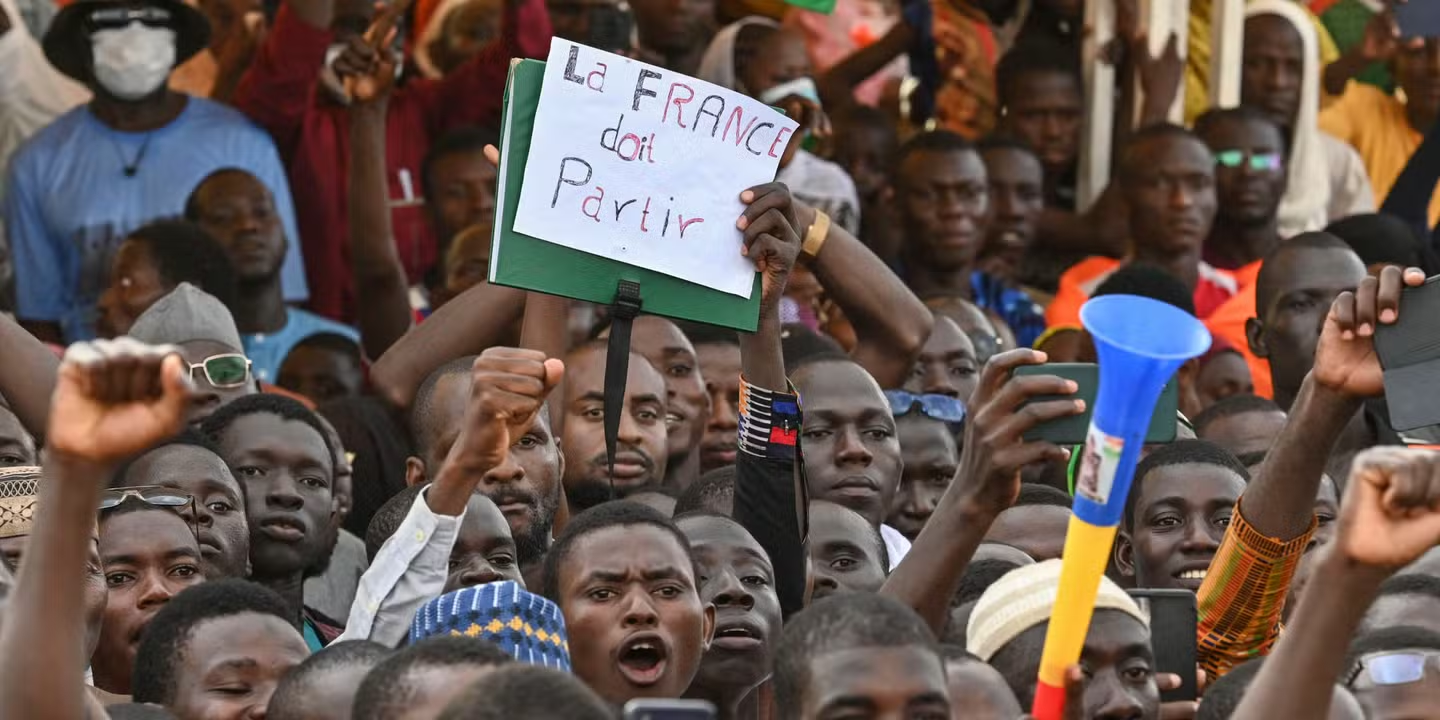
From the jubilant streets of Cabo Verde to the tense riversides of Senegal and Togo, the West African press this Monday paints a vivid picture of a region in motion—marked by national pride, social struggles, and urgent reforms.
In Cabo Verde, the mood is one of pride and reflection as the island nation marked the 50th anniversary of its independence from Portugal on July 5.
According to A Nação, a poll by the Catholic University of Portugal revealed that “more than 80% of Cape Verdeans” were satisfied with the country’s independence. Just 7% felt neutral, while only 2% viewed the outcome negatively.
President José Maria Neves described the half-century journey as a “resilient and inspiring journey, bringing immeasurable progress,” and reaffirmed the nation’s commitment to remaining “independent and democratic,” with aspirations to be “modern, just, and prosperous.”
Meanwhile, Mali prepares for a high-profile diplomatic moment as Maliweb reports the second session of the Confederation of Sahel States (AES) will take place in Bamako this December. Malian transitional president Assimi Goïta confirmed the gathering, marking a follow-up to the 2024 summit in Niamey.
In Côte d’Ivoire, the government is seeing progress in its fight against school pregnancies. Fraternité Matin cited data from the Department of Studies, Strategies, Planning and Statistics showing a 36.5% drop in reported cases—from 6,681 in 2022-2023 to 4,266 in 2024-2025.
In parallel, former Human Rights Minister Joël Kouadio N’Guessan, currently held for “bringing discredit to the judicial institution,” has issued “sincere apologies” to the magistrates, according to Abidjan.net.
In Benin, La Nation shared recommendations from the African Development Bank urging systemic reforms and intensified capital mobilization. The nation needs 1,500 billion CFA francs annually to sustain its economic transformation, according to the AfDB’s 2025 outlook.
Togo faces both environmental and political challenges. The government, as reported by Republic of Togo, has started a coastal protection project covering 7 kilometers between Gbodjomé, Agbodrafo, and Goumoucopé.
Dutch firm Boskalis will lead the 18-month project. However, Le Monde Afrique revealed an investigation into the deaths of five individuals found in Lomé’s rivers amid unrest tied to arrests, rising living costs, and constitutional reforms.
Senegal is also in mourning. Le Soleil reports Prime Minister Ousmane Sonko has pledged administrative reform and a revamp of security forces’ training following the deaths of two youths in Cambérène during a police chase—an event that triggered protests.
A separate tragedy in Rosso claimed the life of Vieux Talla Keita under similar circumstances, prompting a visit by a government delegation.
In Ghana, Graphic notes a public health concern as over 200,000 children suffer from “uncorrected refractive errors.”
Dr. Naa Kowah Agyemfra, chief optometrist at Accra Trust Hospital, warns that while one in four schoolchildren require eye care, fewer than 30% receive it due to cost, inaccessibility, and cultural stigma.
Lastly, Nigeria mourns the passing of the Olubadan of Ibadanland, just two days after his 90th birthday, according to Premium Times. As reported by The Punch, his successor, Otun Olubadan Oba Rashidi Ladoja, is currently abroad.



